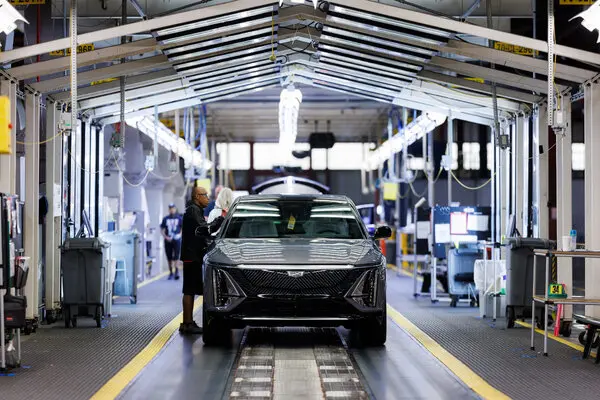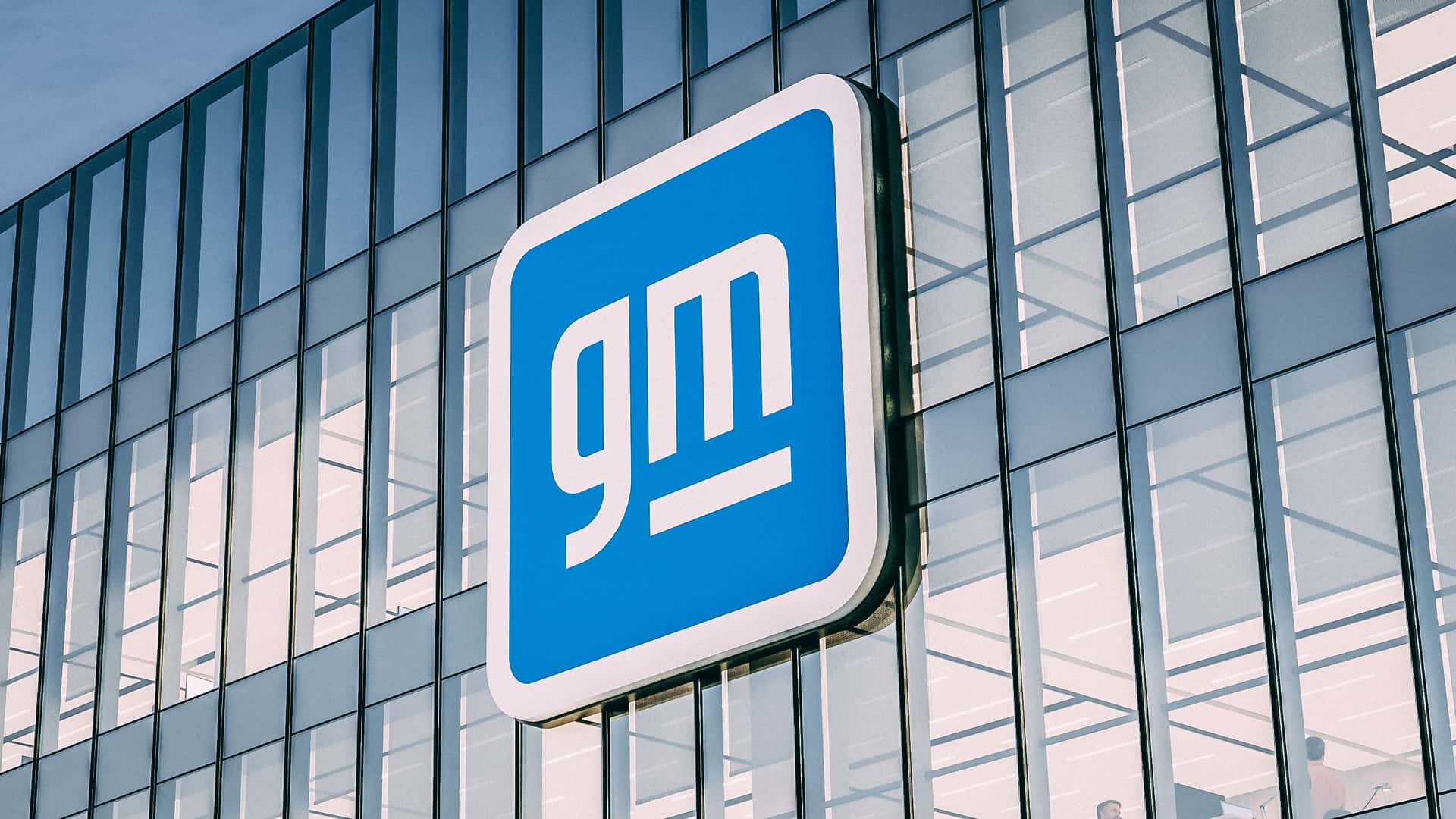General Motors (GM) has announced a significant 35.4% drop in second-quarter profits, totalling $1.9 billion, largely attributed to the impact of new tariffs.
While the automaker’s results surpassed expectations, its shares declined as GM projected weaker profitability for the latter half of 2025.
GM, which has adjusted billions in investment in response to evolving US trade and environmental policies, reported a $1.1 billion hit from tariffs, despite benefiting from strong pricing in its domestic market. Overall revenues dipped 1.8% to $47.1 billion, even with increased global auto sales.
The company saw a surge in demand from US consumers this spring, eager to avoid impending tariffs, leading to strong sales of new trucks and SUVs in North America.
The US imposed 25% tariffs on imported finished cars in early April, directly affecting GM’s major manufacturing operations in Mexico, Canada, and South Korea.
Auto companies have also faced tariffs on imported steel, aluminium, and auto parts. GM reaffirmed its full-year tariff impact forecast of $4-5 billion for 2025, as it continues importing from these countries to maintain customer and dealer supply.

General Motors’ profits fall on tariffs.
Credit: The New York Times
CFO Paul Jacobson expressed confidence that tariff expenses would decrease over time with new trade deals and production adjustments. CEO Mary Barra stated that outcomes could be better than current tariff-based forecasts.
The projected decline in second-half profitability is due to seasonally lower volumes, increased spending on new vehicle launches, and two quarters being impacted by tariffs, compared to just one in the first half.
GM anticipates annual operating income between $10 billion and $12.5 billion, having already achieved $6.5 billion in the first half.
The company aims to mitigate “at least” 30% of the tariff hit through manufacturing adjustments, cost-cutting, and consistent pricing.
In June, GM committed $4 billion to expand production at plants in Michigan, Kansas, and Tennessee, utilising unused domestic capacity to offset tariff penalties on imports. This includes shifting production of the Chevrolet Equinox and Blazer from Mexico to the US.
While GM has not yet moved production from South Korea for popular models like the Chevrolet Trax, it awaits the outcome of US-South Korea trade talks, with an August 1 deadline looming for potential 25% tariffs if no deal is reached.
Amid slowing growth in electric vehicles (EVs) and new legislation phasing out EV tax credits after September, GM has also increased investments in internal combustion engine (ICE) vehicles.
Jacobson highlighted the importance of their plants’ flexibility to produce either EVs or ICE vehicles based on demand in the coming years. Following the announcement, GM shares fell 7.1% in morning trading.


 Trending
Trending 